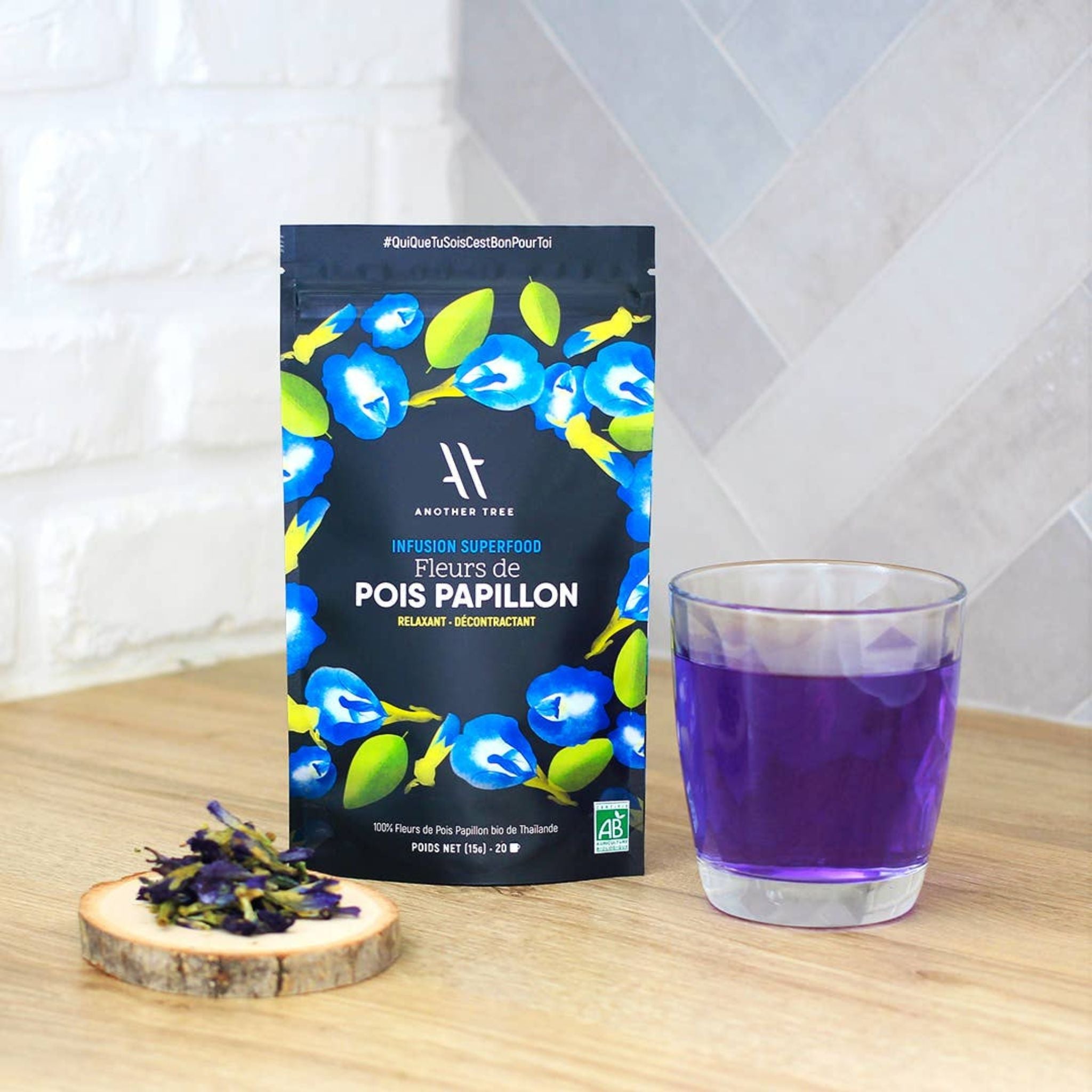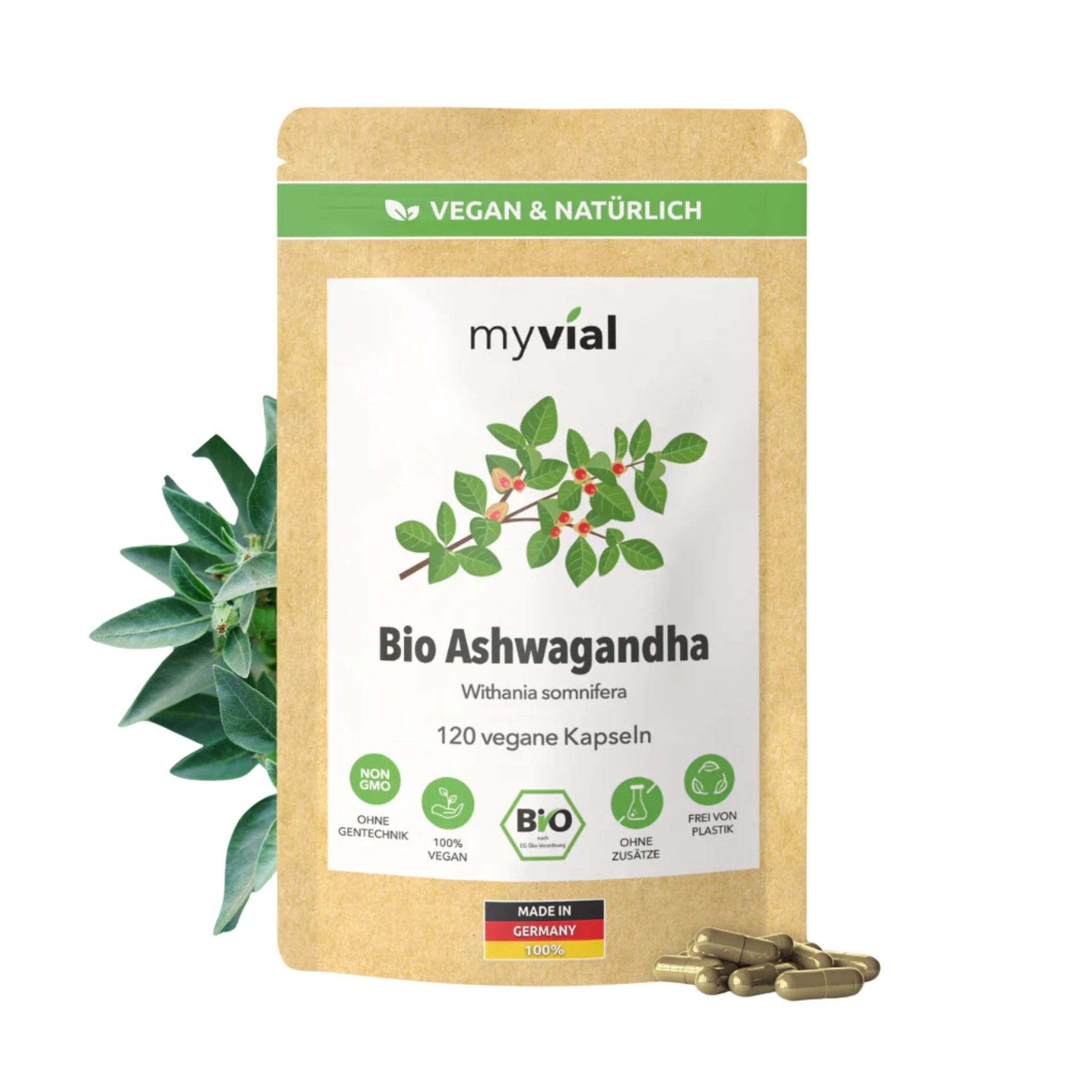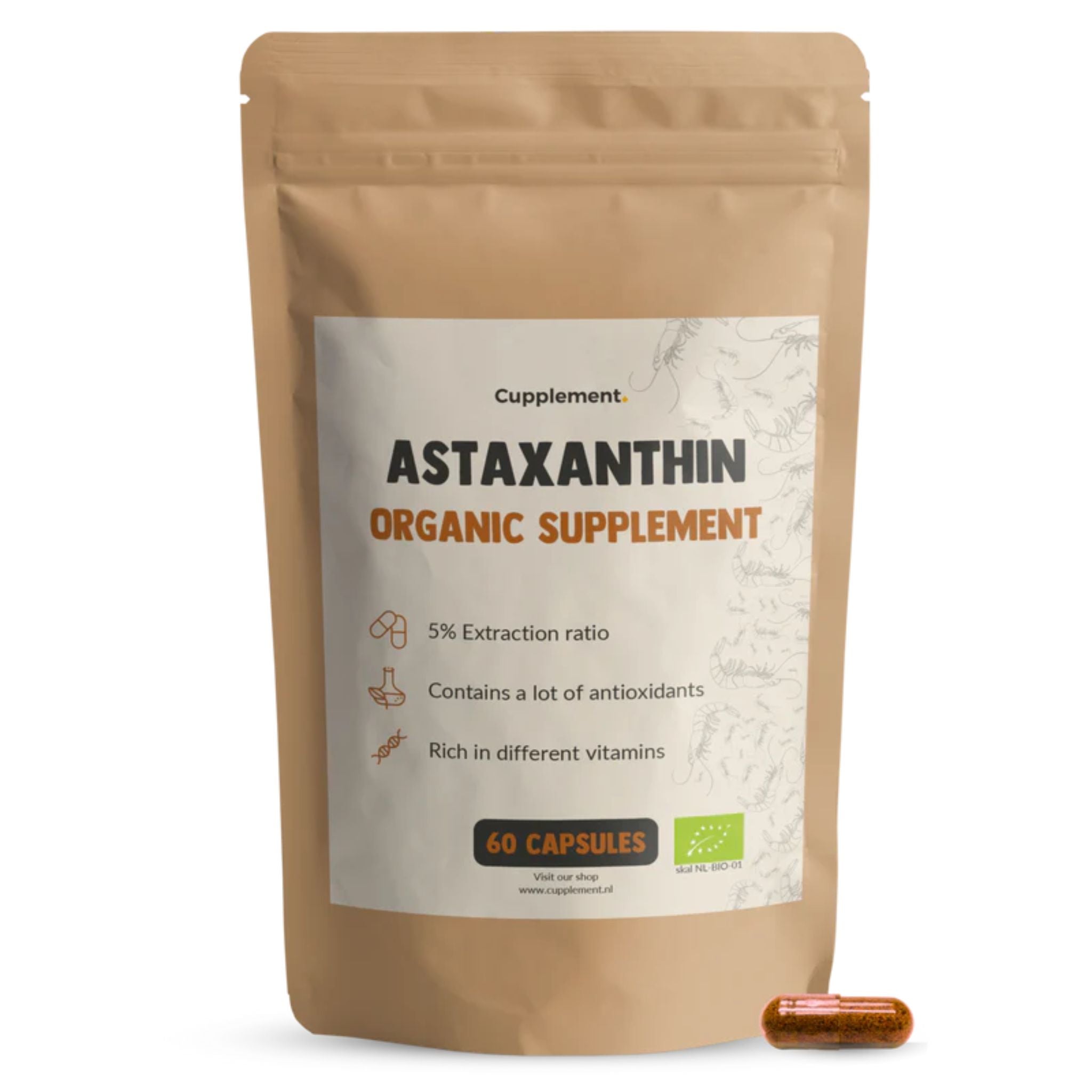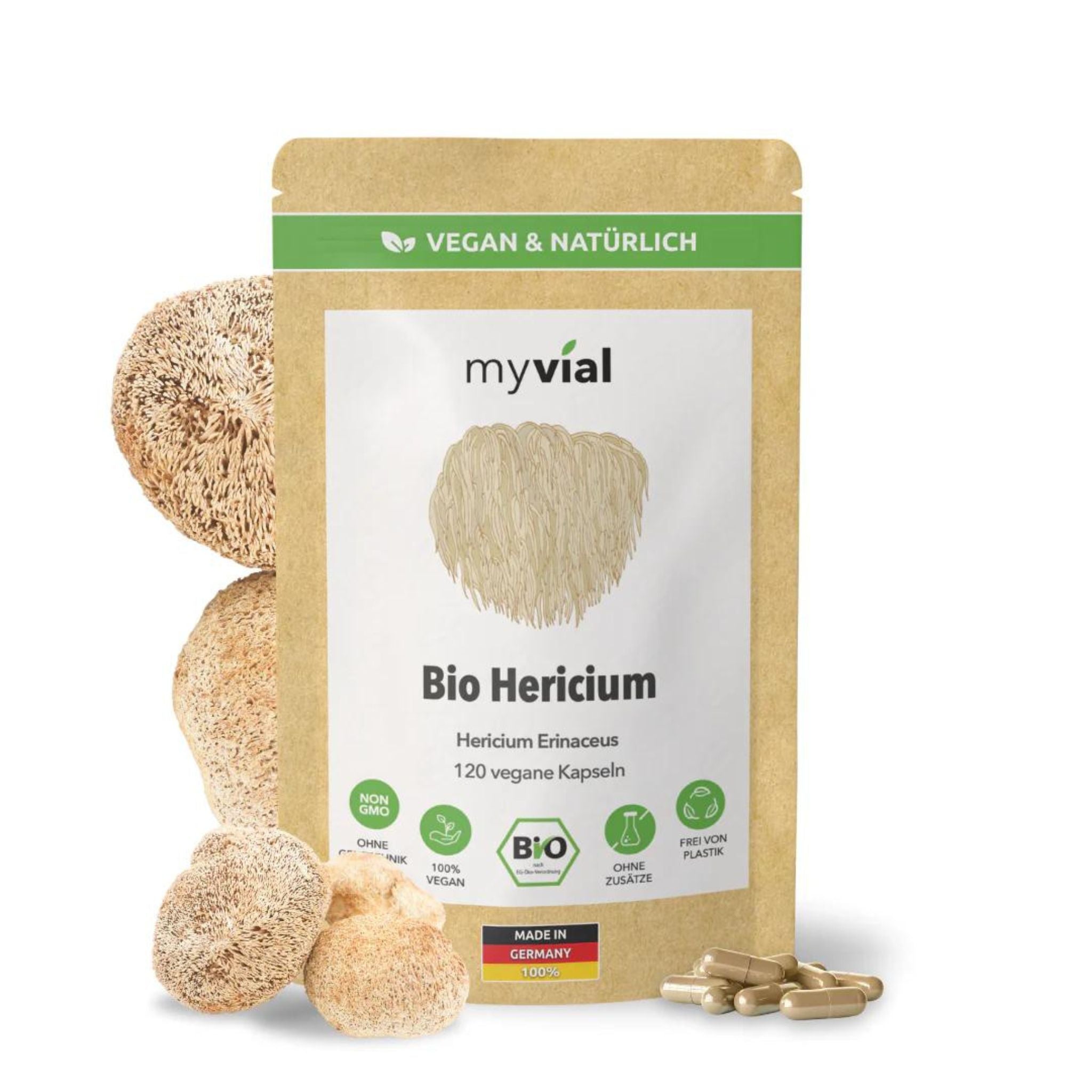Cranberries: The Superfood for Urinary Health and Immunity
Cranberries are a small but powerful berry packed with nutrients and antioxidants. Known for their ability to support urinary tract health, cranberries have long been used in traditional remedies. Today, cranberries are celebrated not only for urinary health benefits but also for their positive effects on immunity, heart health, and more. In this article, we’ll explore the health benefits of cranberries, how they work, and ways to incorporate them into your wellness routine.
What are Cranberries?
Cranberries are small, red berries that grow on evergreen shrubs in North America. Known for their tart flavor, they are often consumed as juice, dried berries, or supplements. Cranberries are rich in antioxidants, vitamins, and minerals, including vitamin C, vitamin E, and fiber, making them a powerful addition to any diet.
The active compounds in cranberries, such as proanthocyanidins, are responsible for many of their health benefits, particularly in supporting urinary tract health.
Health Benefits of Cranberries
1. Supports Urinary Tract Health
Cranberries are best known for their role in preventing urinary tract infections (UTIs). The proanthocyanidins in cranberries help prevent bacteria, particularly Escherichia coli (E. coli), from adhering to the walls of the urinary tract, reducing the likelihood of infection. Cranberry supplements or unsweetened cranberry juice are popular choices for those prone to UTIs.
2. Boosts Immune Function
Cranberries are rich in vitamin C and antioxidants, both of which support immune health. Vitamin C stimulates the production of white blood cells, while antioxidants help reduce oxidative stress in the body. Regular consumption of cranberries may help strengthen the immune system, making the body more resilient to infections and illnesses.
3. Supports Heart Health
The antioxidants in cranberries, such as polyphenols, may benefit heart health by reducing inflammation and improving blood circulation. Studies suggest that cranberries may help lower blood pressure, reduce “bad” LDL cholesterol, and increase “good” HDL cholesterol. Cranberries are a heart-healthy addition to a balanced diet, contributing to cardiovascular wellness.
4. Rich in Antioxidants
Cranberries are loaded with antioxidants, including flavonoids and anthocyanins, which help protect cells from damage caused by free radicals. These antioxidants are associated with anti-aging benefits and may reduce the risk of chronic diseases by supporting cellular health. Regular consumption of antioxidant-rich foods like cranberries can contribute to overall wellness.
5. Promotes Digestive Health
Cranberries contain fiber, which supports healthy digestion and regular bowel movements. Additionally, the compounds in cranberries can promote a balanced gut microbiome by inhibiting the growth of harmful bacteria in the digestive tract. Cranberries’ fiber and antioxidant content contribute to a healthy digestive system, making them a valuable food for gut health.
6. Supports Skin Health
The high vitamin C and antioxidant content in cranberries can benefit skin health by reducing oxidative stress, promoting collagen production, and protecting against environmental damage. Vitamin C is essential for skin elasticity and hydration, and regular consumption of cranberries may help maintain a youthful, glowing complexion.
How to Use Cranberries
Cranberries are versatile and can be enjoyed in many forms. Here are some popular ways to incorporate cranberries into your diet:
- Fresh or Dried Cranberries: Add fresh or dried cranberries to salads, oatmeal, yogurt, or baked goods for a tart and nutritious addition.
- Unsweetened Cranberry Juice: Opt for 100% unsweetened cranberry juice to maximize health benefits and avoid added sugars. It can be diluted with water for a milder taste.
- Cranberry Supplements: Cranberry capsules or tablets are convenient for those looking to support urinary tract health without the added sugar found in juice.
- Cranberry Extract Powder: Add cranberry powder to smoothies, teas, or juices for an antioxidant-rich boost.
For urinary health support, cranberry supplements or unsweetened juice are often the most effective forms.
Potential Side Effects and Precautions
Cranberries are safe for most people when consumed in moderate amounts. However, excessive intake of cranberry juice or supplements may cause digestive discomfort or contribute to kidney stone formation in those prone to oxalate stones. Individuals on blood-thinning medications should also consult a healthcare provider before using cranberry supplements, as cranberries contain vitamin K, which may interfere with these medications.
Cranberry vs. Other Berry Superfoods
While all berries offer health benefits, cranberries are unique in their ability to support urinary tract health due to their proanthocyanidin content. Blueberries, strawberries, and raspberries are rich in antioxidants, but cranberries stand out for their specific role in preventing UTIs. Incorporating a variety of berries into your diet ensures a broad range of nutrients and health benefits.
Conclusion: Should You Add Cranberries to Your Diet?
Cranberries are a powerful superfood with a wide range of health benefits, from supporting urinary health and immunity to promoting heart and skin health. Whether you enjoy them fresh, as juice, or in supplement form, cranberries make a nutritious addition to any diet. As always, consult with a healthcare provider if you have specific health concerns or are taking medications.
Ready to enjoy the benefits of cranberries? Explore our range of cranberry products to add this superfood to your daily wellness routine.
















